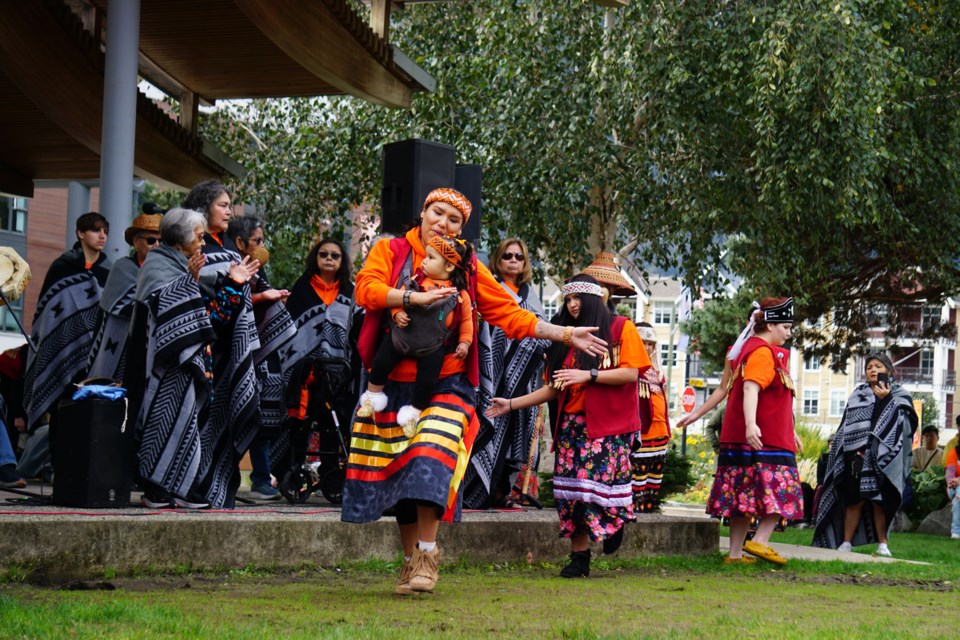
Apia, Samoa: Pacific leaders are tightening a police agreement with Australia at a time of rising concern about Chinese influence across the region, publicly backing the plan in Samoa on Saturday. Leaders from eight Pacific nations joined Prime Minister Anthony Albanese to support the policing initiative, even as some of them strike trade and security deals with China. The support came soon after Prime Minister Anthony Albanese was welcomed to a Samoan village and given the honour of being named a local chief, as children waved Australian flags and cheered the visitors.
Prime Minister Anthony Albanese. Credit: Getty Images The colourful ceremony, with Samoans singing as Albanese passed footballs with children, began a day of serious diplomatic business at a Commonwealth meeting that aims to address climate change, ocean health and the history of slavery. Albanese said the policing agreement showed the region could manage its own security.
“This initiative had the unanimous support of Pacific nations,” he said. “The Pacific family needs to provide security for the Pacific by the Pacific, and that’s what this initiative is about. Pacific neighbours want to look after each other.
We do that in times of crisis.” Asked if Pacific leaders should be worried about the influence of China, he said: “Well, this is about the Pacific family looking after each other.” China left the Morrison government struggling to respond three years ago when it struck a security pact with the Solomon Islands, while it has invested heavily in many island nations.
Loading In a sign of that investment, a Chinese company has been building the road in Samoa that King Charles III and Queen Camilla have used to travel from their temporary residence to the capital, Apia, for the Commonwealth meeting this week. Leaders from Fiji, Nauru, Papua New Guinea, New Zealand, Samoa, Solomon Islands, Tonga and Tuvalu joined Albanese to back the policing plan, in something of a diplomatic win when leaders are busy at the Commonwealth meeting. The event on Saturday morning gave formal support to the Pacific Police Support Group, which has a training headquarters in Brisbane and is setting up teams in Fiji and Papua New Guinea.
Albanese told the Pacific leaders he hoped to see two more centres opened in other island nations. New Zealand has also led the initiative, which was endorsed at the Pacific Island Forum in Tonga in August, and Prime Minister Christopher Luxon said it showed there was an “alignment of values” among the member nations. “We’ve always had strong levels of bilateral engagements across the Pacific and within the Pacific,” Luxon told this masthead.
“It’s actually important now that we formalise it, and we step it up, and we continue to build the capacity across the whole of the region.” Tongan Prime Minister Siaosi Sovaleni said in April he would be open to accepting Chinese security support for the Pacific Islands Forum, an option he did not pursue in the end, but he attended the event with Albanese on Saturday to back the policing plan. Sovaleni did not mention China but told fellow leaders on Saturday that he welcomed the policing plan.
“It is no secret that the Pacific Region has seen intensifying geopolitical interests and the role of policing was evolving rapidly,” he said. “It is not just about safety and security in the domestic sense — in a globalising world, nothing is strictly domestic anymore. “Transnational crime, drugs and trafficking, cybercrime: these are big trans-boundary issues that Pacific states cannot address alone.
” The Samoan village elders honoured Albanese at a formal ceremony where he was served a cup of ’ava, a sedative known as kava in other Pacific countries. More than one hundred villagers turned out for the welcome, with children singing the Australian national anthem and waving Australian flags. While Solomon Islands had a security agreement with China, the country’s foreign minister, Jeremiah Manele, attended the event on Saturday with Albanese and others.
Others at the event included Tuvalu Prime Minister Feleti Penitala Teo, Samoan Prime Minister Afioga Fiamē Naomi Mataʻafa, Papua New Guinea Foreign Minister Justin Tkatchenko, Papua New Guinea Deputy Prime Minister John Rosso, Nauru foreign minister Lionel Rouwen Aingimea and Fiji Prime Minister Sitiveni Rabuka. King Charles, meanwhile, was also greeted at a Samoan village and presented with a chiefly title before the Commonwealth Heads of Government Meeting resumed on Saturday. Cut through the noise of federal politics with news, views and expert analysis.
Subscribers can sign up to our weekly Inside Politics newsletter . Save Log in , register or subscribe to save articles for later. License this article International affairs Anthony Albanese David Crowe is chief political correspondent for The Sydney Morning Herald and The Age.
Connect via Twitter or email . Most Viewed in Politics Loading.










